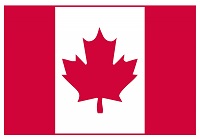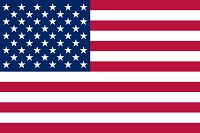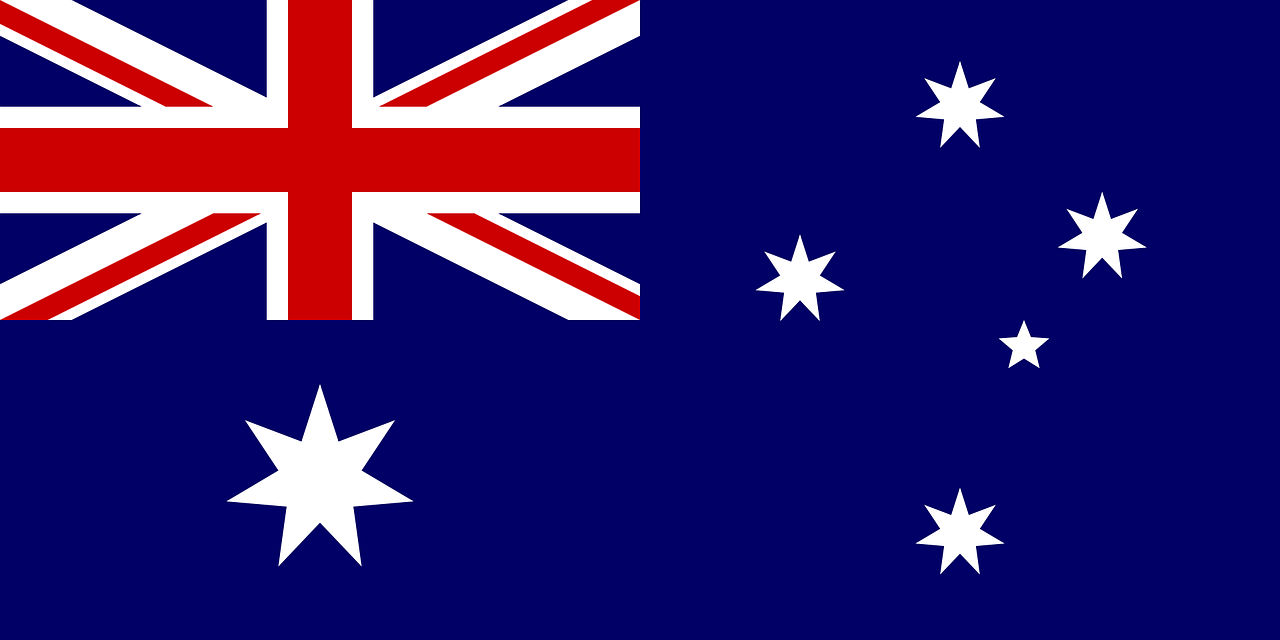Micro-Credentials Around The World
| Site: | SCoPE - BCcampus Learning + Teaching |
| Group: | FLO MicroCourse: Micro-Credentials in the BC Context OER (March 2021) |
| Book: | Micro-Credentials Around The World |
| Printed by: | Guest user |
| Date: | Wednesday, 4 March 2026, 12:06 PM |
Description
This resource highlights what developments are happening in micro-credentials around the world. As you read about these consider what it might mean for British Columbia.
1. Canada

A leader in Canada for micro-credentials is Ontario but micro-credentials is happening in other places as well. A "Pan Canadian" group just started and are meeting regularly to share best practices.
1.1. British Columbia
British Columbia invested $4 million in pilot projects in Fall 2020 and will learn from these pilots. As of December 2020 an advisory group is in place to develop a draft framework for micro-credentials. Stakeholder feedback sessions will begin in April 2021
1.2. Ontario
Ontario started their journey of micro-credentialing 3 years ago and now have 31 pilots underway. An example of one pilot is Patient Navigator - where York University teamed up with the ministry of health to meet a skills gap.
For more information about Ontario's pilots click here. Look at the framework and note that its a creative commons license so it could be applied in BC if that's what the group decides.
Humber College is one example of an Ontario post secondary institution that offers micro-credentials.
Lena Patterson and Ema Gooch offers insights into Ontario's journey with micro-credentialing. Ecampus Ontario is definitely a leader in micro-credentials and we can learn a lot from their work.
1.3. Saskatchewan
Saskatchewan is just beginning their micro-credentialing journey as well and are quite impacted by the idea of mapping competencies as described in this report by the Canada West Foundation.
At the request of their Minister of Advanced Education, Phillip Cameron and Jesse Bailey wrote an introductory report on micro-credentials.
2. United States

The United States has done quite a bit of work in micro-credentialing - namely State University of New York and Colorado State. But there are some interesting applications of micro-credentials as well such as company sponsored micro-credentials (Google & Amazon) and a 3rd party provider called the University Learning Store. There is definitely an emphasis on skills when hiring as opposed to degrees, and this might take traction in Canada as well. Digital Promise is an interesting non profit society that aims to use micro- credentials as a way of ensuring access and equity to all learners.
3. New Zealand

New Zealand is an early global leader in micro-credentials. They have a number of micro-credentials available and they have developed a qualification framework as well. Learn more by listening to this Contact North webinar with Dr Grant Klinkum who goes into detail about their micro-credentials.
4. Australia

Australia has a number of examples of micro-credentials in their country -all with different emphasis. Deakin University has micro-credentials for proving existing skills (PLAR). Royal Melbourne Institute of Technology has made a large impact on innovation in that area as they offer micro-credentials in areas that are vital to spur on innovation - something that is important to us in Canada as well. Western Sydney University applies micro-credentials to lifelong learning with their curiosity pods which current students partake in as well.
5. Europe
Europe is definitely a region to learn from when it comes to micro-credentials. To learn more about their collective micro-credential initiative read more in this report. Of note is that, like New Zealand, tie micro-credentials to a qualification level.
6. Supporting Resources
Sankey, 2018. Understanding Micro-Credentials (Video)
Ellucian (2019). Credential Clout: How higher ed can prepare for an evolving job market.
Educause (2019). 7 Things You Should Know About Digital Badges [White Paper]